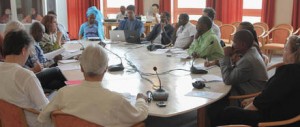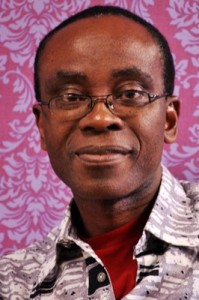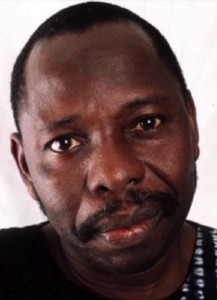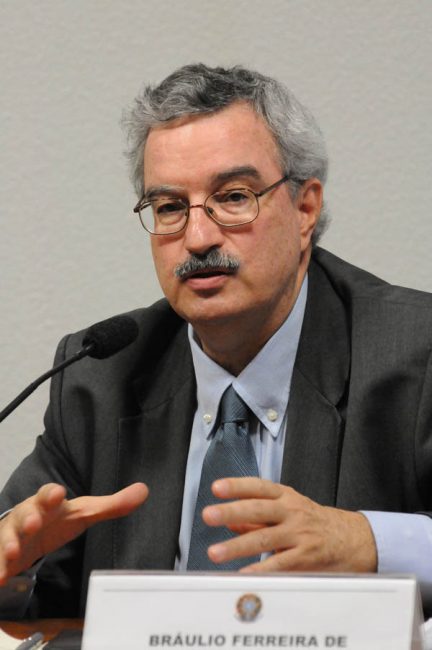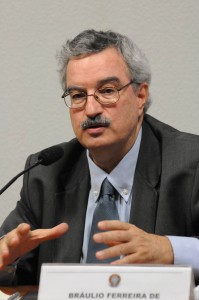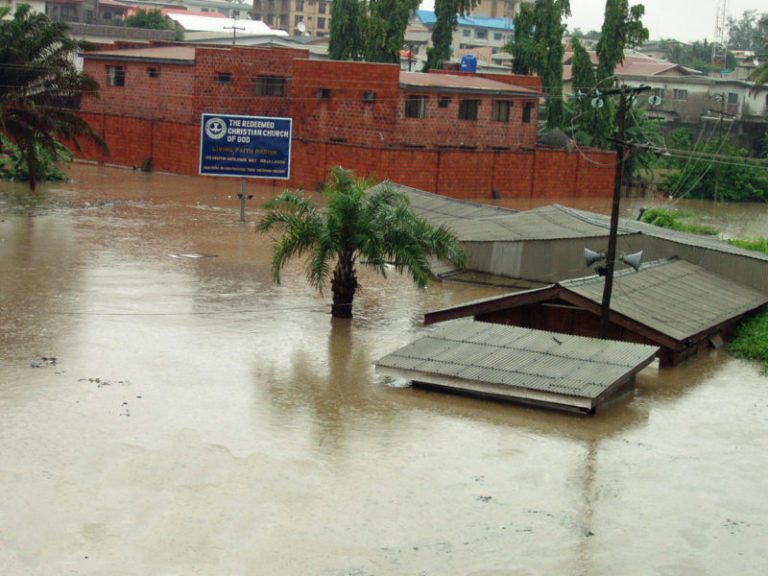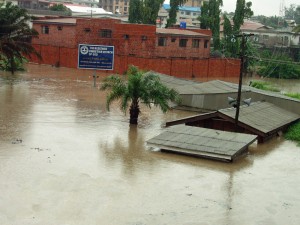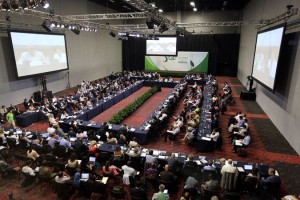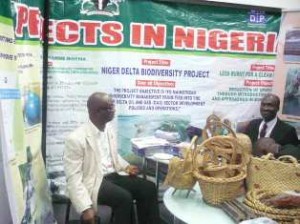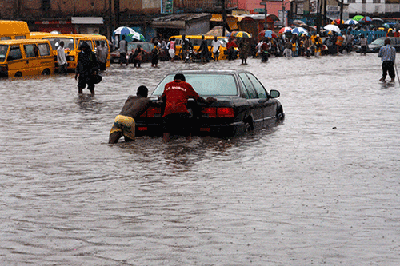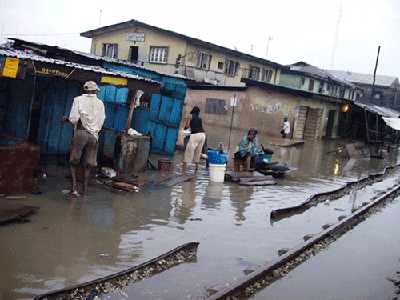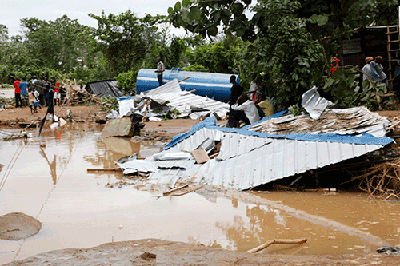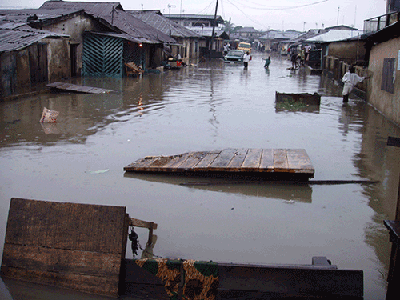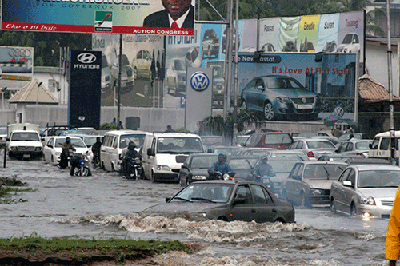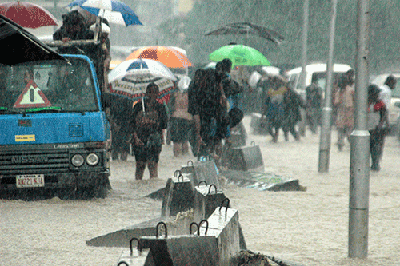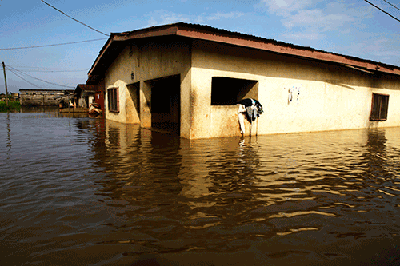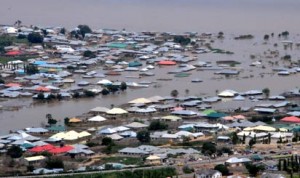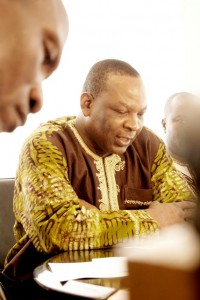 The Environmental Rights Action/Friends of the Earth Nigeria (ERA/FoEN) and a coalition of non-governmental organisations on the platform of the Europe-Third World Centre (CETIM) and Friends of the Earth International want the United Nations Human Rights Council to initiate uniform binding mechanism that will involve preventive measures covering environmental and human rights abuses to compel Shell and other transnational oil companies to take responsibility for their human rights violations.
The Environmental Rights Action/Friends of the Earth Nigeria (ERA/FoEN) and a coalition of non-governmental organisations on the platform of the Europe-Third World Centre (CETIM) and Friends of the Earth International want the United Nations Human Rights Council to initiate uniform binding mechanism that will involve preventive measures covering environmental and human rights abuses to compel Shell and other transnational oil companies to take responsibility for their human rights violations.
In a catalogue of violations with Shell’s footprints in the Niger Delta, the group drew the attention of the Council to the limitation of international and local advocacies as well as national regulatory agencies to compel Shell to respect human rights in the Niger delta.
The petition, submitted by ERA/FoEN Executive Director, Godwin Uyi Ojo, at the 26thsession of the Council, reads: “Shell refuses to respect the regulatory agencies, national governments and the laws of the land, making it look as if the regulated have become the regulator. This level of impunity demonstrates the dire need for an international mechanism to hold companies to account uniformly rather than allowing for voluntary company mechanisms that are subject to manipulation and are not legally binding.
“A global treaty to hold corporations accountable will bring to an end environmental racism being perpetrated by Shell in adherence to international standards in Europe while lowering standards in Nigeria and in less developed countries. Since the political and economic power of corporations challenge national governments as is the case in Nigeria, legally binding global instrument is necessary to check undue corporate influence.”
The groups challenged the status quo which it described as “ineffective manipulative compensation regime”, insisting that prior and informed consent must be a condition to negotiate with the communities.
Issues addressed in the petition include oil pollution, United Nations Environment Programme (UNEP) report, Shell’s Bonga Spill and gas flaring.
Oil Pollution
On widespread oil pollution in the Niger Delta the groups said that once fertile wetlands have been transformed by the constant leaks into the world’s largest oil disaster even as they noted that between 2004 and 2007, spills from Shell facilities destroyed fish ponds and farmlands in the Bodo and Goi communities in Rivers State. In 2004, a major oil spill from the Trans-Niger pipeline which runs through Ogoniland to the Bonny Export Terminal destroyed livelihoods including fish-ponds, a poultry coop and a bakery belonging to Chief Barizaa Dooh, one of the plaintiffs in the case. Dooh’s community has been rendered completely uninhabitable. In 2005, the Oruma community in Bayelsa State also suffered a similar fate from Shell’s facility, which destroyed fish-ponds, farms and trees, losing their sources of livelihood. In the 2007 Ikot Ada oil spill case, the community suffered from pollution of their farmlands, ponds and community lands.
In response, ERA/FoEN and its sister organisation, the Netherlands-based Milieudefensie, took Shell to court in The Hague to seek environmental clean-up and compensation for the victims’ loss of livelihood, including destruction of farmlands and fish-ponds in the Goi, Oruma and Ikot Ada Udo communities.
UNEP Report
The groups also made reference to the assessment of Ogoniland prepared by UNEP and released on 4 August 2011, which showed hydrocarbon pollution in surface water throughout the creeks of Ogoniland up to 8 cm and in groundwater that feeds drinking wells at 41 sites, including a serious case at Nisisioken Ogale in Eleme, Rivers State. Soils were found to have been polluted with hydrocarbons up to a depth of five metres in 49 observed sites, while benzene, a known carcinogen, was found in drinking water at a level 900 times above World Health Organisation (WHO) acceptable levels.
Shell’s Bonga Spill
The Shell Bonga oil spill which occurred on 20 December 2011, during which 40,000 barrels of crude oil spilled into the Atlantic Ocean, was also cited. The communities alleged that harmful chemical dispersants such as Slickgone NS, Corexit 9500 and 9527 and Biosolve, among others, which Shell Nigeria Exploration and Production Company Limited used to breakdown and disperse the spilled crude at Bonga field, in turn spread to the fishing areas, where they became the causes of the diseases afterward prevalent in the communities.
Common ailments affecting the communities included mental disorders; hypertension; eye irritations; nose, throat and skin lesions; vomiting and rectal bleeding; liver and kidney damage; short-term memory loss and confusion; respiratory problems; miscarriages; blood in urine.
Following this Bonga oil spill, the National Oil Spill Detection and Response Agency (NOSDRA) imposed a $5 billion fine on Shell. The Nigerian Maritime Administration and Safety Agency (NIMASA) Director General, Patrick Akpobolokemi, had earlier said at a public hearing organised by the House of Representatives Committee on Environment that the maritime agency calculated a total of $6.5 billion as compensation to be paid to the communities.
ERA/FoEN and Milieudefensie took Shell to court in The Hague, to seek environmental clean-up and compensation for the victims’ loss of livelihood, including destruction of farmlands and fish-ponds in the Goi, Oruma and Ikot Ada Udo communities.
Gas Flaring
In the petition, the groups also observed that gas flaring has continued unabated in the Niger Delta with Shell keeping almost 100 gas flares burning, day and night. They also pointed out that several studies pointing to the devastating effects of gas flaring on people and the environment were cited including a 2011 report which showed that gas flaring has had known effects on the Ogoni people and their environment such as noise pollution, itching and skin rashes, the discomfort generated by the light from the flare sites, black dust and soot that settle in people’s homes and on food and clothes thereby undermining the quality of life and the right of the people to live in a healthy environment in which to fulfill their potential.
Some of the very prominent impacts of gas flaring are acid rain, which acidifies the lakes and streams and damages crops and vegetation, and corrosion of roofs. It is also a known carcinogen which affects human health, including causing miscarriages and congenital malformations, increasing the frequency of respiratory illnesses and cancer, amongst other ailments that have sent hundreds to their early graves. Its sulphur leads to low farm yields, affecting the farming livelihood of the people.
To the issues identified, ERA/FoEN and CETIM demanded a binding mechanism be made uniformly applicable on a global scale, adding that the treaty should involve preventive measures covering environmental and human rights violations rather than the current ineffective manipulative compensation regime.




